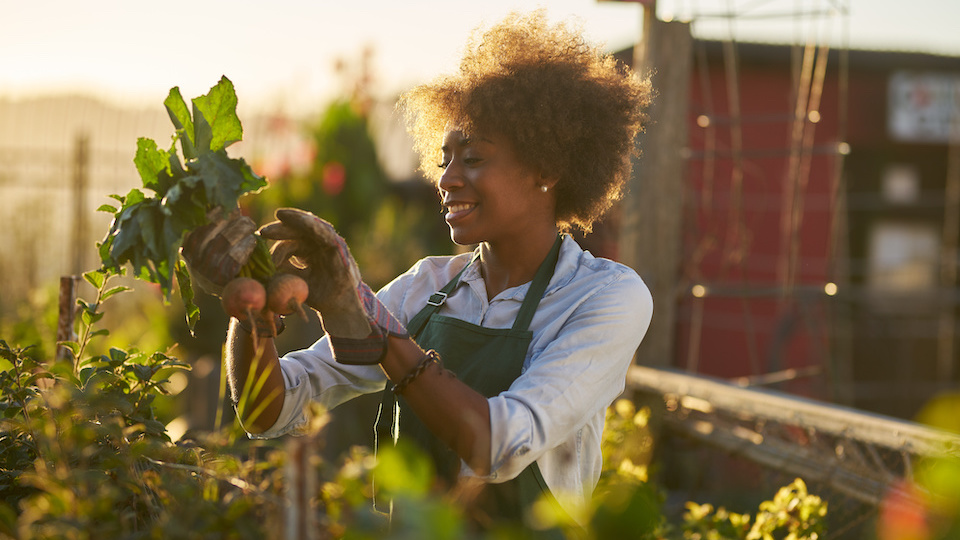Do you live in the city – perhaps a dense urban area surrounded by tall buildings, cars and people…lots of people? Have you tossed your dream of self-sufficiency out the window because of your geographic location? If so, I have great news for you. It is possible to be self-sufficient in the city; seriously, there are several steps that you can take to become more self-reliant – even if you live in the the heart of a concrete jungle.
What exactly does it mean to be self-sufficient or self-reliant? The dictionary definition states, “able to maintain oneself or itself without outside aid: capable of providing one’s own needs” Basically, being self-sufficient is having the necessary resources to provide for yourself independently, without help. The two bigs things that city dwellers depend on other people for are food and clothing. But what if you could provide at least some of these for yourself without having to rely on supermarkets and department stores?
Live small, want less
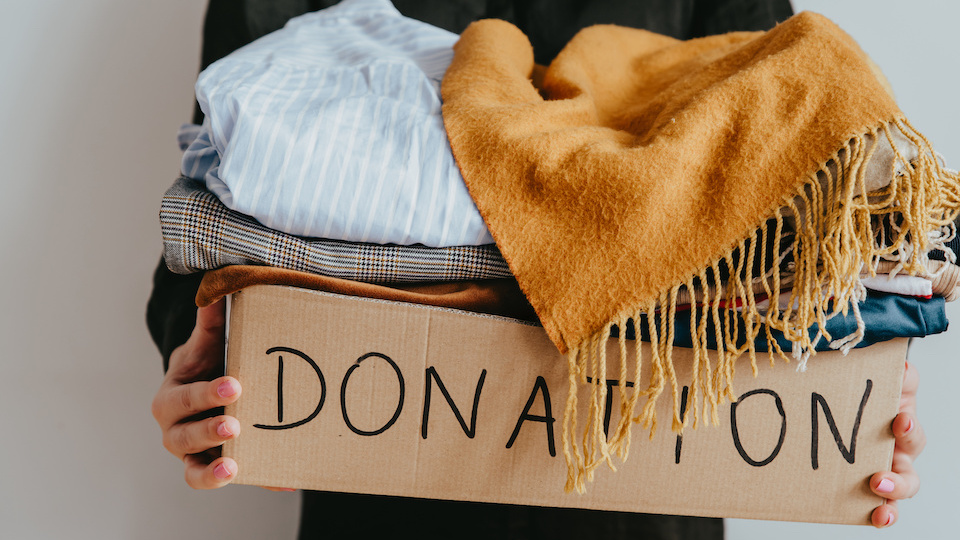
Part of our problem when it comes to self-sufficiency is that we think that we need too much. We think – because everyone else does – that we need tons of clothes, tons of food, and just…stuff. When, in fact, we can get by with very little. Once you let go of the “have to have it” mentality, you will be surprised at how little you actually need. Reducing your needs makes it much easier to be self-reliant. So start there.
Start a garden
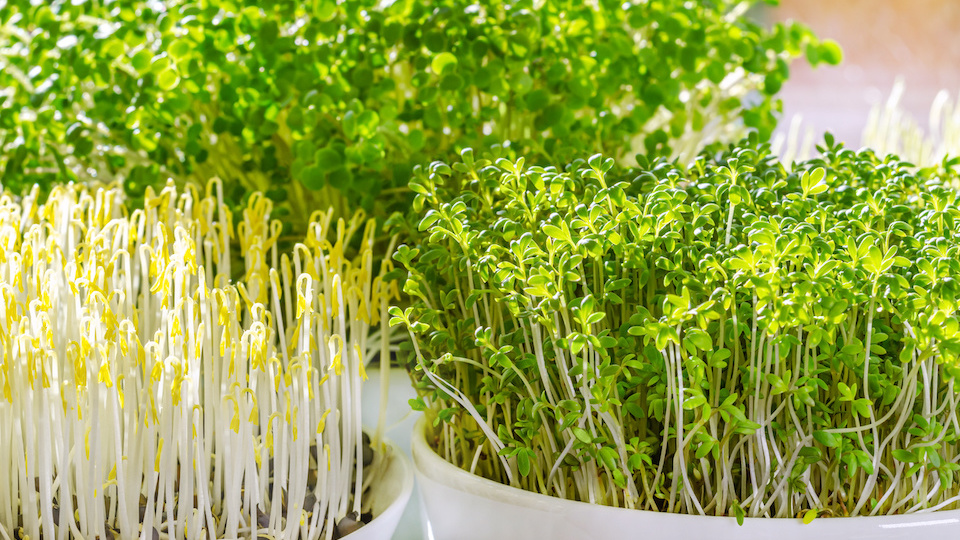
Gardening is the #1 thing you should do if you want to be more self-reliant. If you have a balcony – use it to garden; if you have a patio – use it to grow a garden. No matter how small your outdoor space, you can have a garden and grow a good amount of food. Container gardening is easy, and you don’t need a green thumb to get started. Seeds are cheap — even organic and heirloom seeds — and fruits and veggies are good for us. It really is a win-win! If you have no outdoor space, consider starting an indoor garden. With the right light and care, you can grow many of your favorite fruits and veggies all year long indoors. Consider things like sprouts and microgreens, which thrive indoors and provide a tremendous amount of nutrients.
Hint: Save some heirloom seeds from your garden so that you don’t have to purchase any seed the following year.
Preserve food
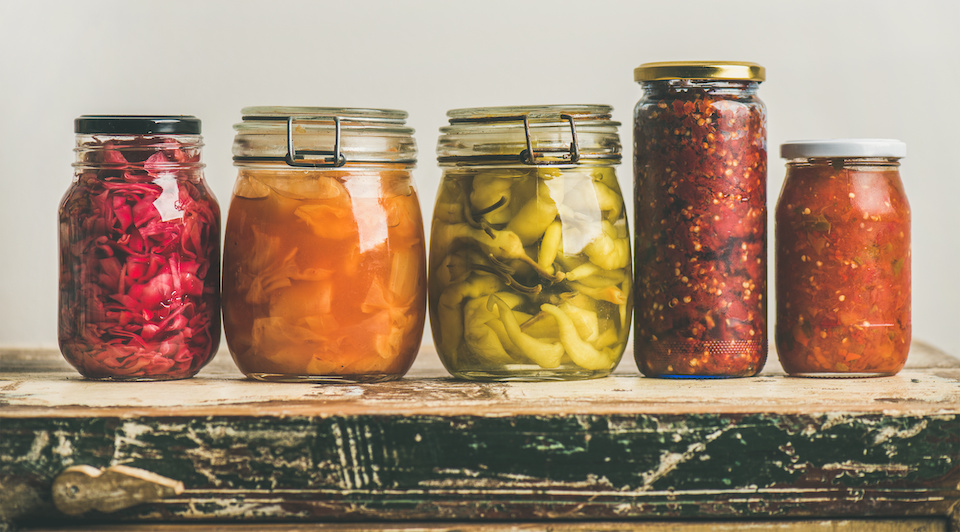
Do you have some extra space in your kitchen pantry or even a spare closet? If so, preserve some of the food you grow. Beans, peas, tomatoes, and more are easy to can, freeze, or dehydrate and will provide food all year long. Purchase meat from your local farmers’ market and can it for a quick and simple protein source during the thick of winter. Make jams and jellies for a sweet treat all year long!
Collect rainwater
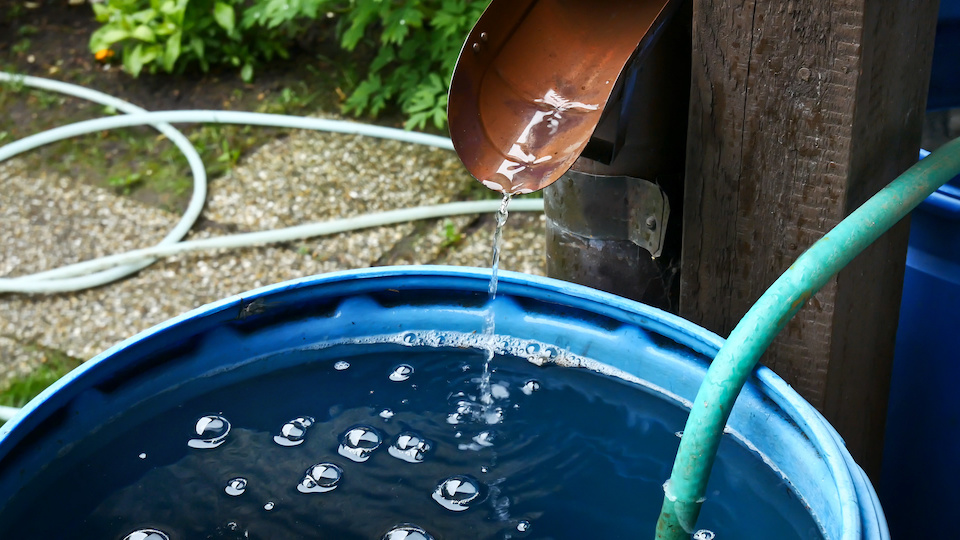
Collecting rainwater is easy – you can use a bucket, rain barrel, or a more advanced system. Use this water for your garden and for your chickens, and you will save money and be less dependent on city water.
Re-purpose
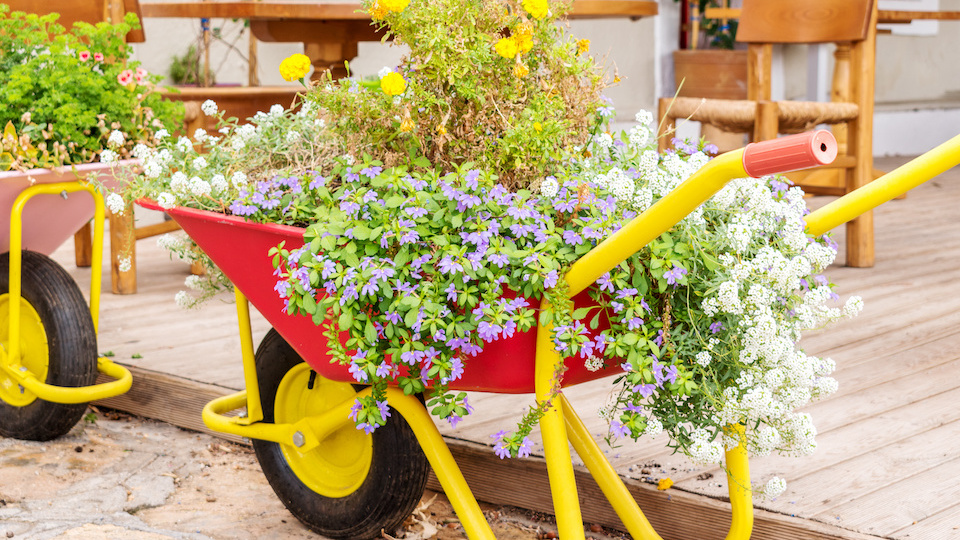
Finding new uses for things that you would otherwise throw away is good for you and good for the environment. So, before you get ready to throw something out, ask yourself if you could use it for something else within your home. This will save you time and money while making you more self-reliant.
Choose cloth over disposable
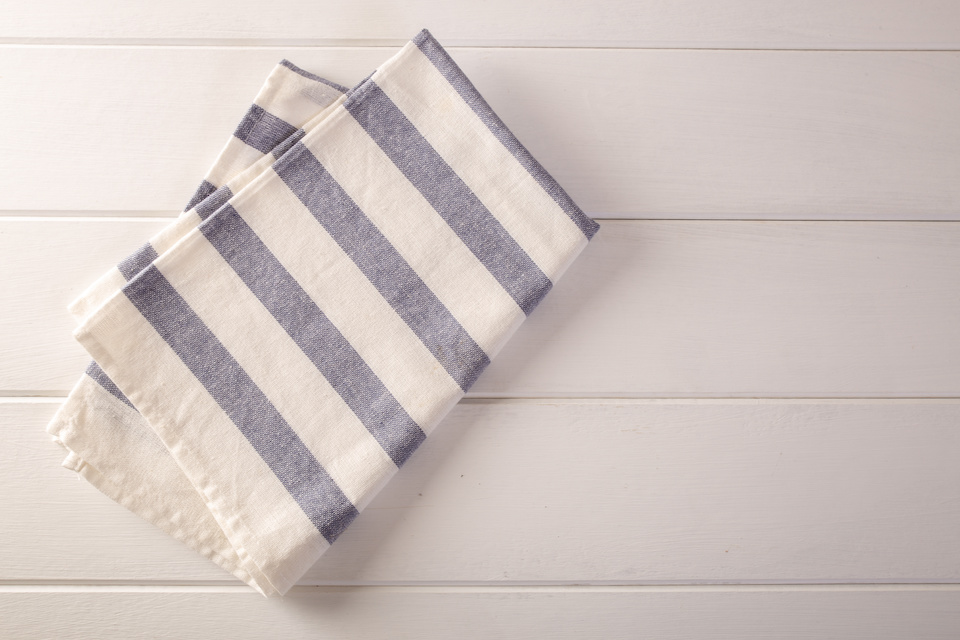
I am not just talking about diapers here. Reusable cloths can eliminate any used paper product, including napkins, paper towels, make-up wipes, cotton rounds, etc. Consider using old cotton t-shirts to make your own cloths or make a one-time purchase. You will be amazed at how much money you save on these products.
Sew, crochet, or knit
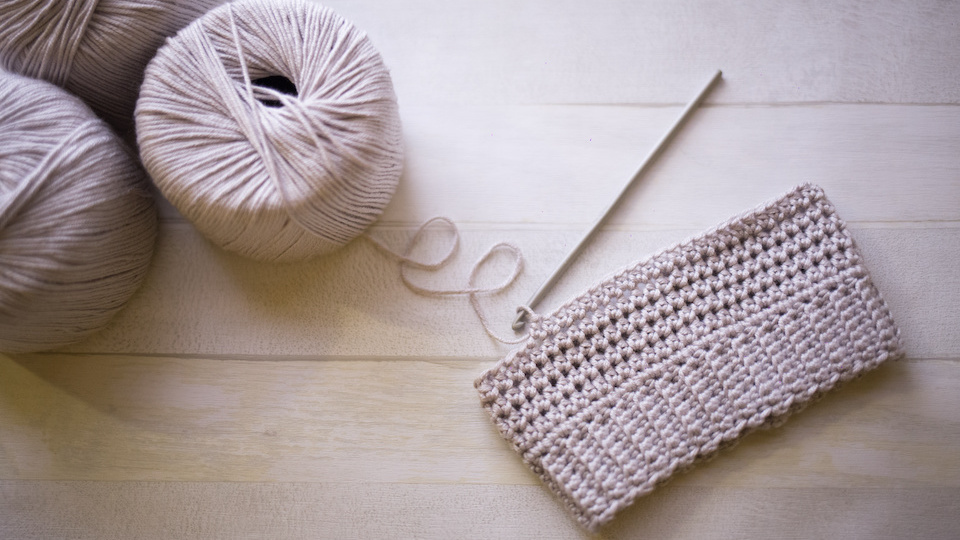
More and more young people are embracing the benefits of handwork. Learning how to sew, crochet, or knit allows you to make several essential household goods from clothing to blankets and everything in between.
Keep chickens if you can
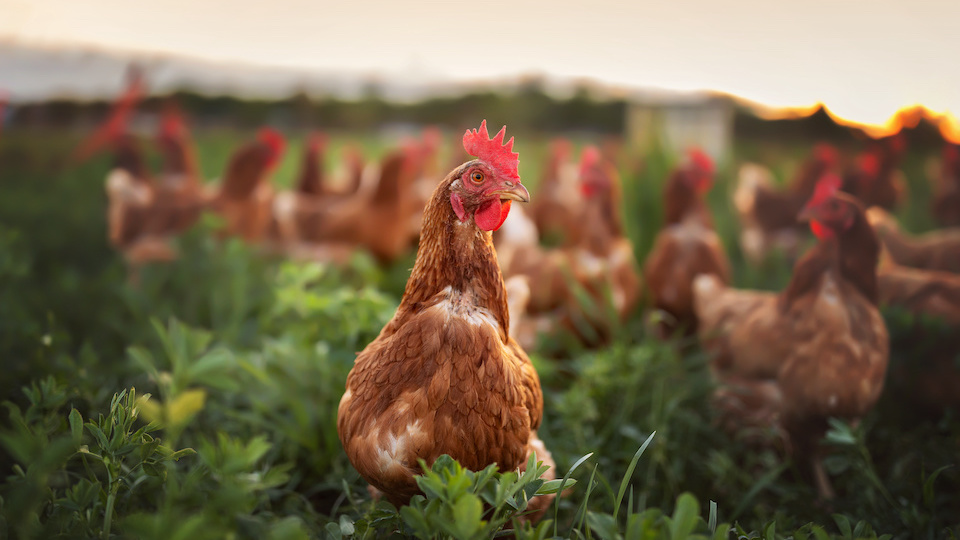
If you have the room and your city permits (more and more are), keep some hens for eggs. Eggs are nutritious and delicious and a fabulous source of protein. Chickens take up very little space and are great fun to watch and care for. They are an ideal addition to any urban homestead.
Keep bees if you can
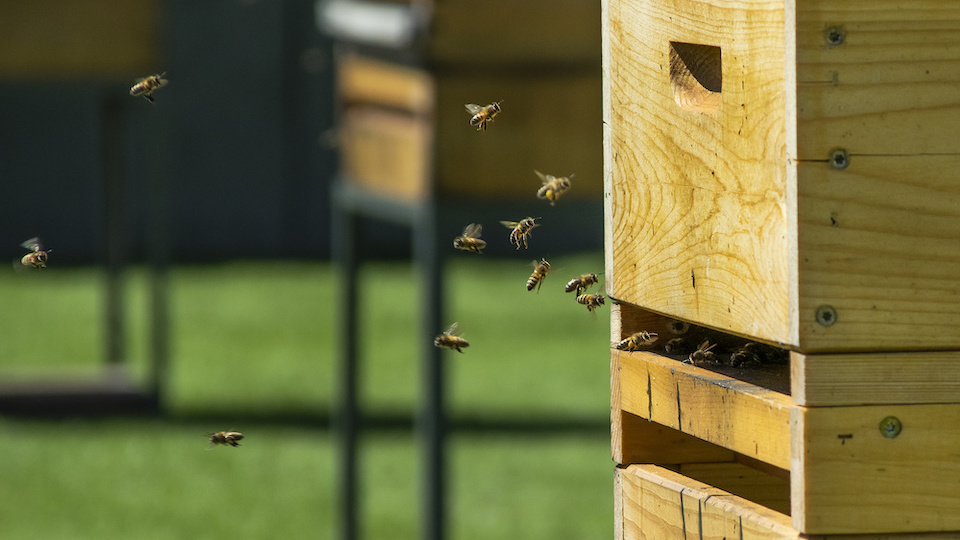
Right along with city chickens, city bees are becoming more and more of a thing. Bees can be kept in urban gardens, small city balconies, and even city rooftops. There are a wide variety of plants in most suburbs that are adequate for honey production. You don’t need a license to keep bees, but it is a good idea to plug into an association that can help you get started on your urban beekeeping journey.
Learn basic car upkeep, carpentry, and home maintenance skills
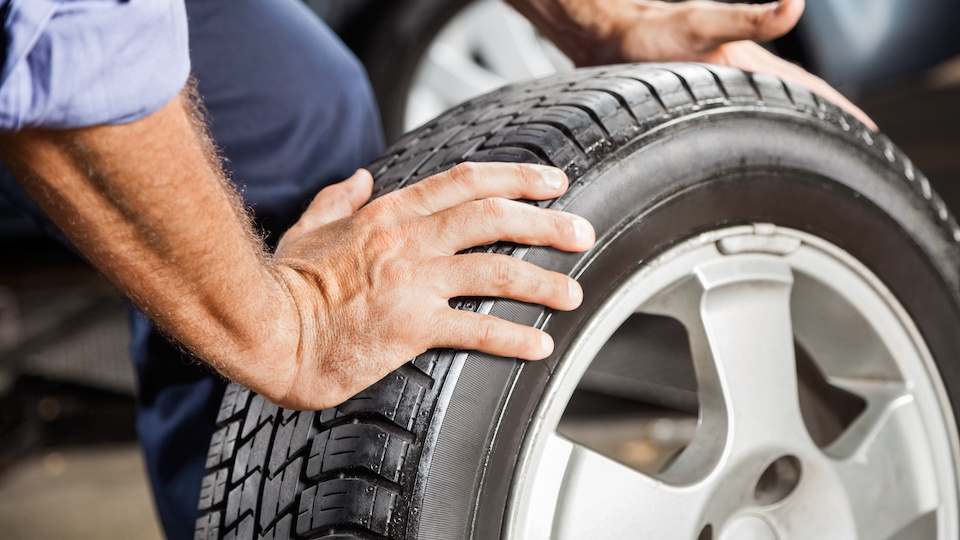
Learning how to do basic maintenance and repair like patching a tire, changing the oil, and other simple repairs can make you less dependent on your local auto repair shop. Check out your local technical college for auto care classes. Likewise, having some basic carpentry and home maintenance skills under your belt also helps you become more independent.
Make your own cleaning supplies
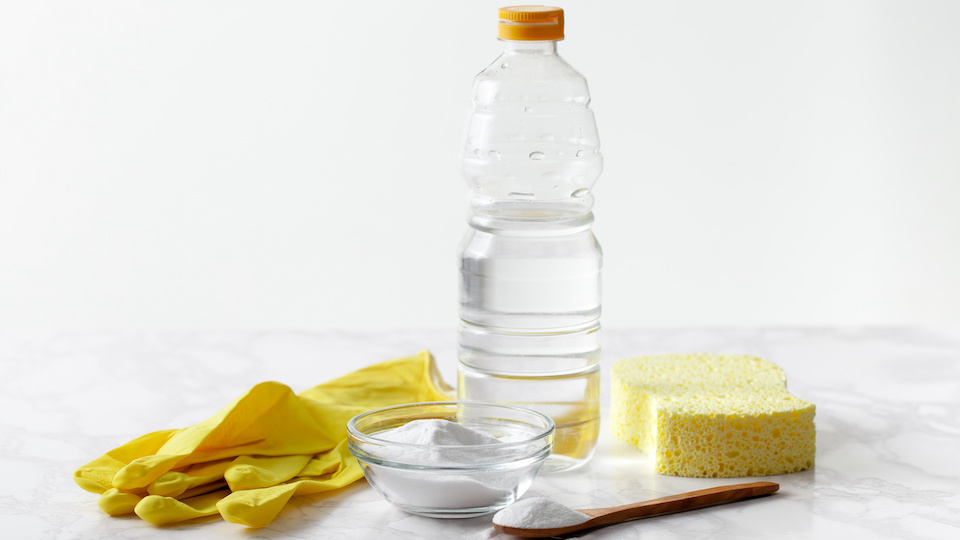
No, you don’t need household cleaners that are loaded with chemicals. You will be amazed at what some white vinegar, baking soda, and lemons can do to keep your house clean and fresh. Get together with a few of your friends and make some of your own cleaning products — it’s fun and practical. Once you have cleaning supplies under your belt, try personal care products too.
The focus of being more sustainable should always be on living a simpler life. A life where you don’t require all the bells and whistles that are available and marketed. Simple living in itself makes you way less dependent on others. Once you commit to a simpler life, being sustainable comes naturally, whether you are in the middle of the country or on the 8th floor of an apartment building.
Happy growing,
-Susan Patterson, CBHC and Master Gardener


